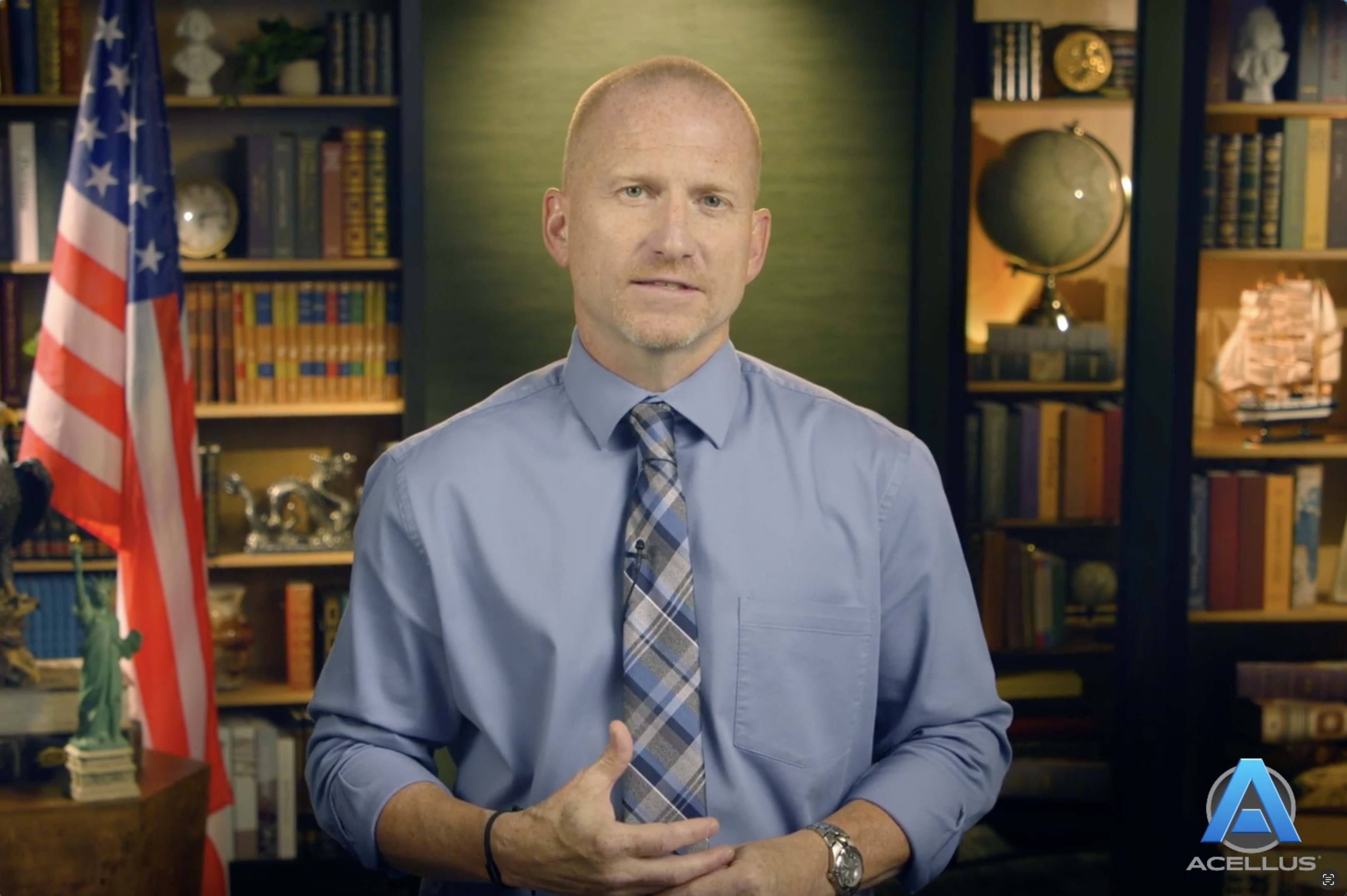Ethnic Studies

Course Features
Course Duration: Semester
Category: Electives, History/Social Studies
Assessment: Lesson Practice, Unit Exams, Mid-Term Exam, Final Exam
Language: English
Course Details
Course Overview
The Ethnic Studies course explores the diverse cultures and peoples that make up the unique society of the United States—a nation shaped by waves of immigration and the blending of traditions from around the world. Students will examine the concept of ethnicity, the evolution of American culture, and how immigration patterns have influenced our nation's history. Through a deep dive into the unique histories and contributions of various communities, students will develop an appreciation for the differences that define us and the unity that brings us together as one nation. By understanding our culture and its roots, students will gain a deeper awareness of their identity, their community, and their role in celebrating and preserving the rich tapestry of American life. This course is a single-semester course.
Sample Lesson - Introduction to Ethnic Studies
 This course was developed by the International Academy of Science.
Learn More
This course was developed by the International Academy of Science.
Learn More
Scope and Sequence
Unit 1: Ethnic Studies in America Students are introduced to the foundations of Ethnic Studies, including concepts of identity, terminology, and American governance. The unit explores immigration through historical periods and examines how prejudice, stereotypes, and discrimination have influenced the American experience. Discussions center on the evolving concept of what it means to be "American." Unit 2: Native/Indigenous Heritage in America This unit highlights the cultural and historical richness of Native American tribes across different regions of the U.S. Students will explore Native contributions to democracy, the effects of U.S. policies like the Dawes Act, and the ongoing challenges and cultural contributions of Native Americans today. Unit 3: African Heritage in America Students delve into the African American experience, starting with life and culture during colonial times and progressing through abolition, Reconstruction, the Harlem Renaissance, the Civil Rights Movement, and the accomplishments of Black innovators. The unit emphasizes resilience and the impact of African American culture on the U.S. Unit 4: Latino Heritage in America This unit explores the journeys of Latino immigrants, their civil rights struggles, and cultural contributions. Students will learn about figures like Cesar Chavez and celebrate Latino heritage through topics such as food, holidays, and Hispanic Heritage Month. Unit 5: Asian/Pacific Islander Heritage in America Students examine the history and contributions of Asian and Pacific Islander communities, from early immigration to milestones like the Immigration and Nationality Act of 1965. Topics include cultural traditions, roles during the Civil Rights Movement, and the significance of Asian-American and Pacific Islander Heritage Month. Unit 6: Arab/Muslim Heritage in America This unit explores the journeys and contributions of Arab and Muslim Americans. Students will learn about cultural traditions, community roles, and historical figures, as well as the significance of National Arab American Heritage Month and Muslim holidays. Unit 7: Jewish Heritage in America Students will examine Jewish immigration to the United States and the cultural and historical impact of Jewish Americans. The unit highlights figures who changed history and celebrates Jewish American Heritage Month. Unit 8: The History of Immigration Laws in the United States This unit focuses on the evolution of U.S. immigration laws, from the origins of the Federal Immigration Service to acts like the 1965 Immigration Act and the Refugee Act of 1980. Students will study key events like the Ellis Island experience and modern immigration trends. Unit 9: Understanding Your Role in the Big Picture In the final unit, students reflect on their roles within their communities and the broader society. Lessons emphasize challenging misperceptions, fostering cultural respect, and encouraging civic engagement. Students will complete a research project on their own communities, creating connections between the course content and their personal experiences.
This course does not have any sections.
More Courses by this Instructor
9444






